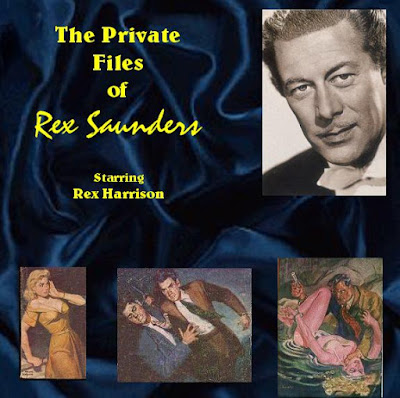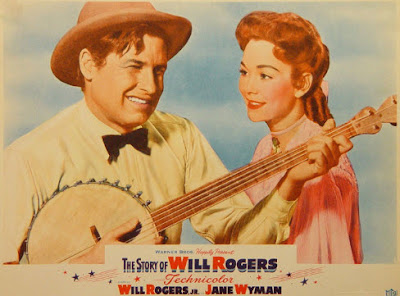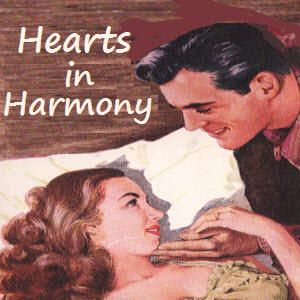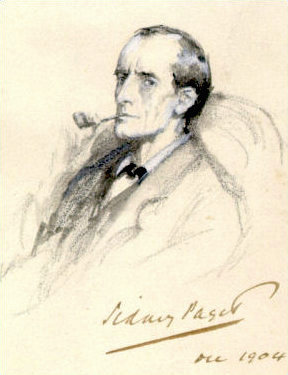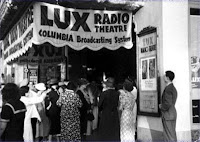
I first made the acquaintance of Ann Blyth on the film set of the filming of Danger Signal (1945). Warner Bros had borrowed Ann for this film. But burring filming, Ann suffered a broken back in a sledding accident while briefly vacationing in Lake Arrowhead and her mother and aunt went to Lake Arrowhead for a week. Ann had to be replaced in the role. It was burring this time that, Ann and became friends I would push her around in that wheelchair day after day for over a year and a half in a back brace). It was also at that time I made the acquaintance of Charlie Marie Gordon we also have been friends for a very long time. After two years Ann got a cameo roll with Universal she was still her in her wheelchair-in Brute Force (1947).
It was a close friend, Charles K. Feldman, a talent agent since 1932, who first Introduced Me to Ann Blyth.
It was Feldman negotiated on behalf of Hawks to direct Sergeant York (1941), the Jesse L. Lasky independent production that became a box office smash. During World War II, Hawks and Feldman organized H-F Productions an independent company that acted more like a liaison with the studios to provide the director more creative leverage. H-F acquired talent and story properties, developed material, and then sold each project as a package to a studio, usually with Hawks as producer-director. Two Hawks successes at Warner Bros. originated in this manner, To Have and Have Not (1944) and The Big Sleep (1946).
On vacation in Lake Arrowhead wilh Ann Blyth these photos were taken before her sledding accident. (see my photo album( - ("My time behind a film camera"). Just a few of my still photos of Ann Blyth.


